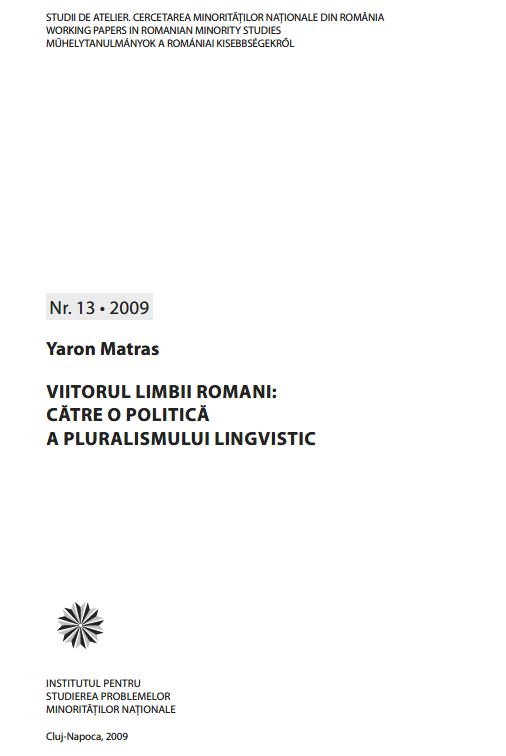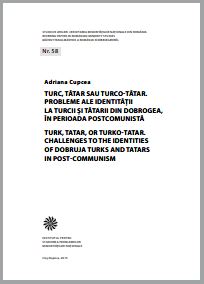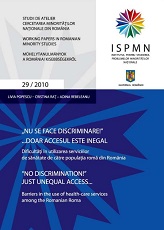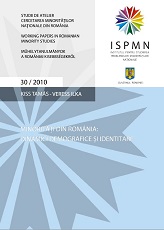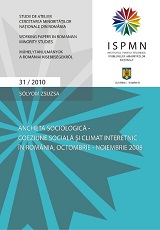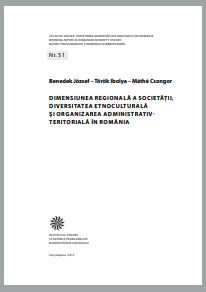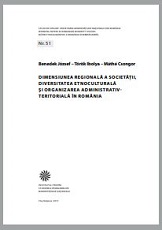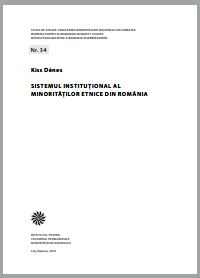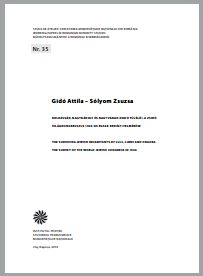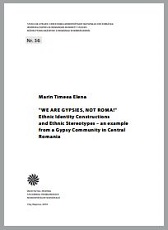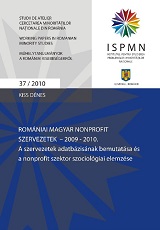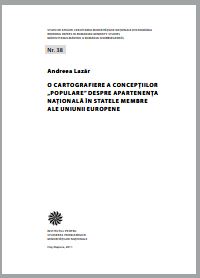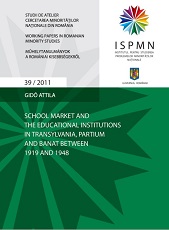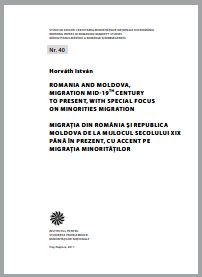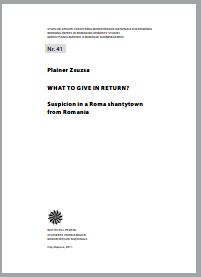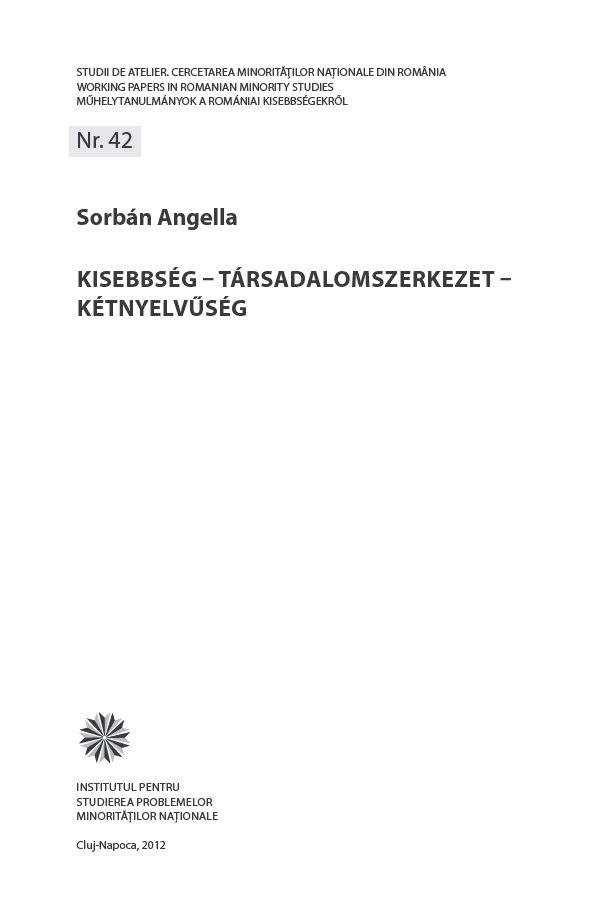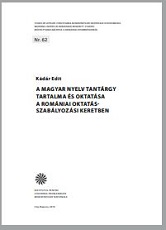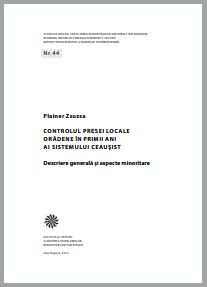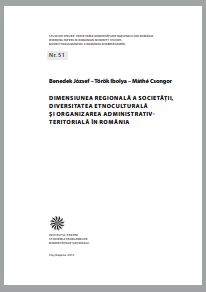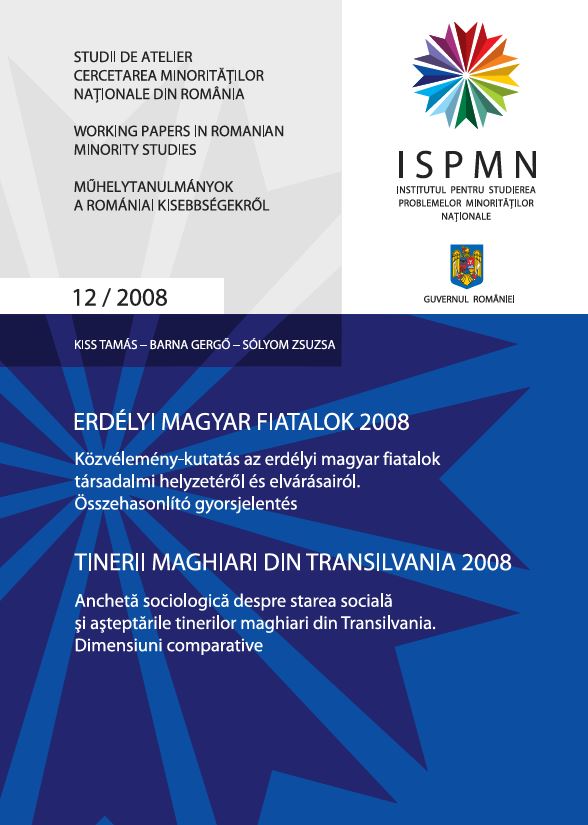
Hungarian youth in Transylvania 2008. Sociological survey on the social status and expectations of young Hungarian people in Transylvania. Comparative dimensions
Erdélyi magyar fiatalok 2008. Közvélemény-kutatás az erdélyi magyar fiatalok társadalmi helyzetéről és elvárásairól. Összehasonlító gyorsjelentés
Keywords: Hungarians in Transylvania; Social status; Young people; Family and gender roles; media and computer usage; inter-ethnic relations;
„Csak abban a statisztikában hiszek, amit én hamisítottam” – így hangzik Winston Churchill egyik hires nyilatkozata. Sajnos Romániában nem ritka a közvélemény-kutatások közötti „háború”, ahol nem az a lényeg, hogy milyen eredményeket mutatnak az elemzések, hanem, hogy melyik intézménynek, pártnak, politikusnak nagyobb a támogatása, kit kell legitimálni. Az Országos I_úsági Hatóság rendszeresen végez vagy végeztet kutatásokat, hiszen meggyozodésünk, hogy pártszínezettol függetlenül minden kormány i úságpolitikájának az így szerzett eredményeken kell alapulnia. A romániai magyar atalok körében végzett kutatás az elso ilyen jellegu felmérés, amelyet román költségvetési nanszírozással készítettek. Az adatokat elemezve, összehasonlítva, számomra a legfontosabb következtetés, hogy mind a román, mind a magyar ataloknak pozitív a jövoképe. Nem önmagukban az egyes mutatók biztatóak, hanem a tendenciák. A zetéssel, munkahellyel, közérzettel, kivándorlással, oktatással, általános jóléttel kapcsolatos adatok az elmúlt években folyamatosan pozitív irányba mozdultak el. Ez a politikum számára mindenképpen reménykelto, de nem azt kell jelentenie, hogy elértünk egy folyamat végére. Tovább kell dolgozni a atalok számára biztosítandó lehetoségek bovítésén, és be kell vonni a atalok önszervezodéseit, hogy ezekbol a lehetoségekbol közösen eredményeket lehessen elérni.
More...
